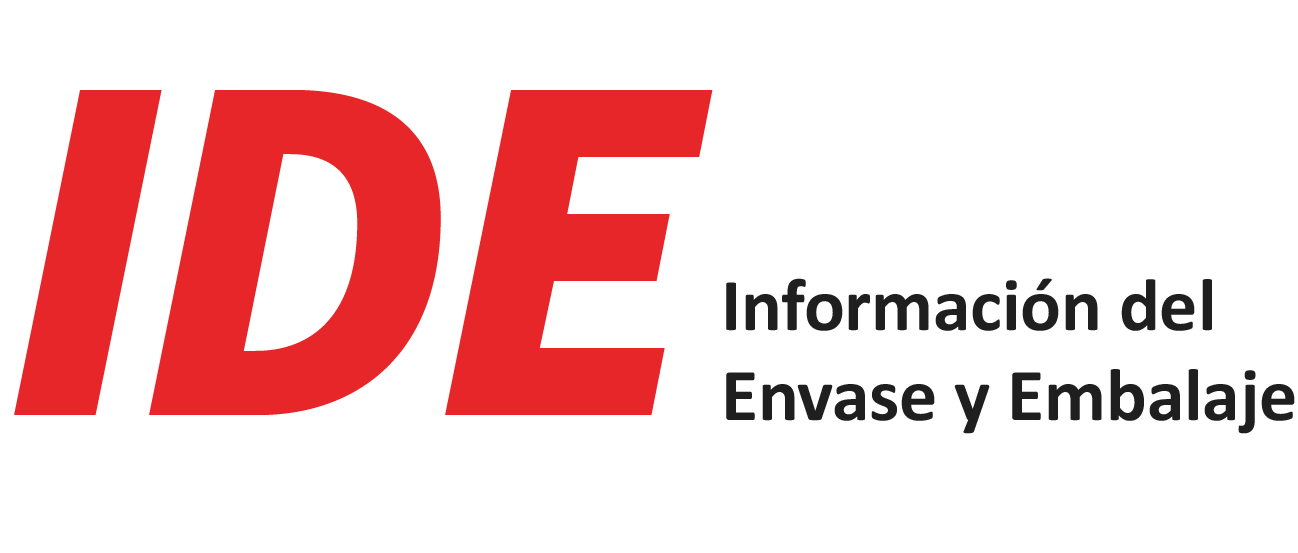Microwaving plastic waste can generate clean hydrogen.
Chemists have used microwaves to convert plastic bags, milk bottles and other supermarket packaging into a clean source of hydrogen.
#revistaIDE #envase #embalaje #plasticwaste
Chemists have used microwaves to convert plastic bags, milk bottles and other supermarket packaging into a clean source of hydrogen.
#revistaIDE #envase #embalaje #plasticwaste
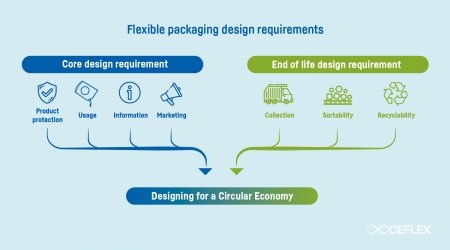
CEFLEX is pleased to announce a major collaboration with UK Research and Innovation (UKRI) to co-fund investigations into how flexible... leer más
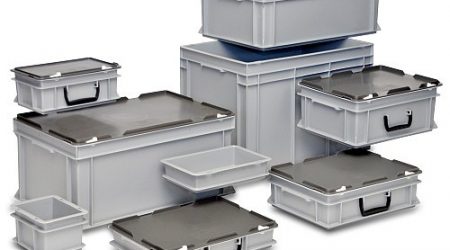
The global returnable packaging market size is projected to grow from USD 104.9 billion in 2021 to USD 141.7 billion... leer más
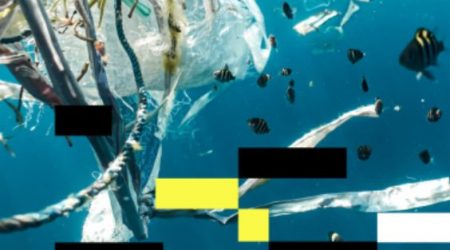
Today, the Foundation and the World Wildlife Fund (WWF)launched a joint communications campaign calling fora legally binding UN treaty on plastic... leer más
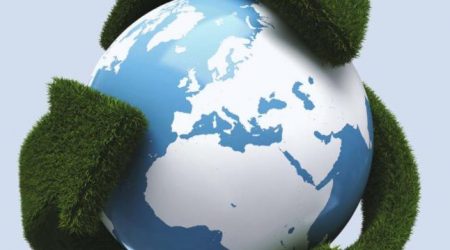
Sustainability regulations for packaging have become increasingly ambitious. A detailed understanding of the diverse regulatory landscape will be essential for... leer más
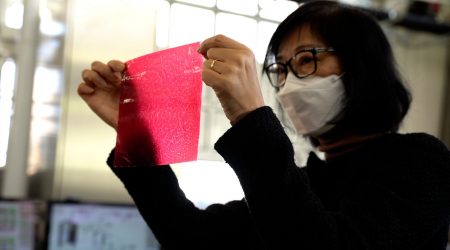
A new study by Oregon State University scientists outlines a key advance in turning apple waste into an environmentally friendly... leer más
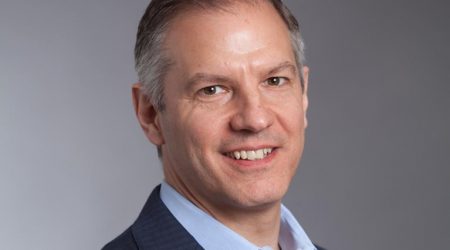
The e-commerce boom, widespread concerns about sustainability, and the digitization trend are spurring innovation in the packaging industry. Many consumer... leer más
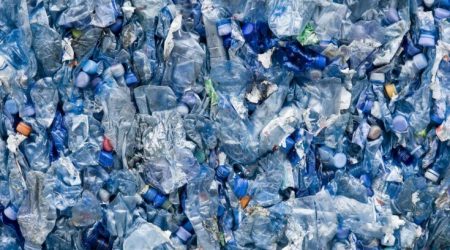
The Smart Sustainable Plastic Packaging (SSPP) Challenge has today announced £30 million in funding for 18 groundbreaking collaborative projects. These projects... leer más
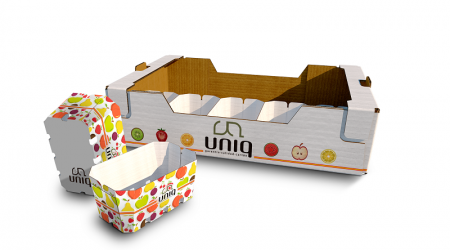
Uniq participa de forma activa en Fruit Attraction, acomodados en la plataforma tecnológica LIVEConnect. Se trata de una oportunidad única... leer más
Solán de Cabras relanza su botella rosa para demostrar su compromiso con las mujeres enfermas de cáncer de mama. leer más
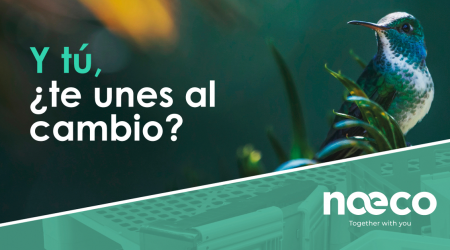
La empresa asturiana que lleva casi 14 años de continuo crecimiento como fabricantes de elementos reutilizables de plástico para el... leer más
